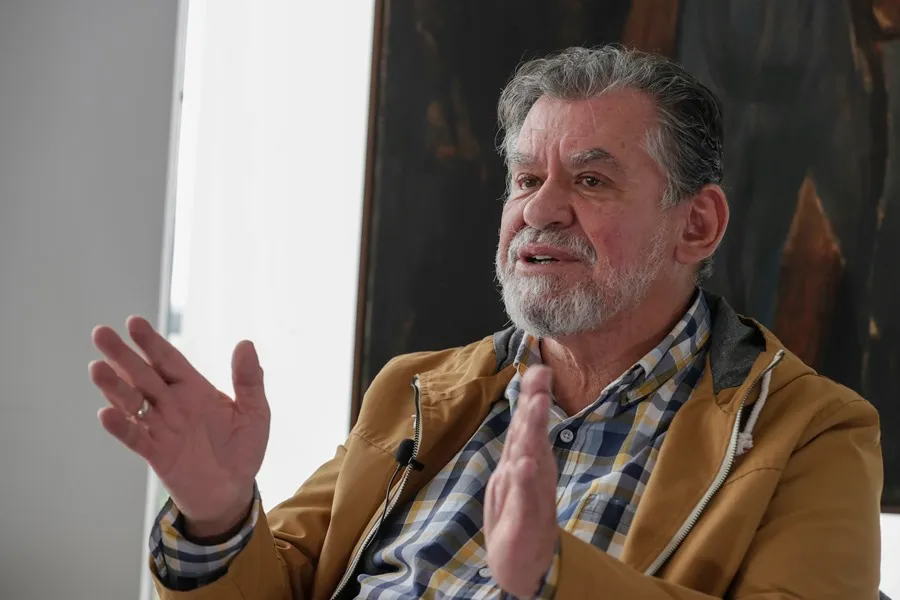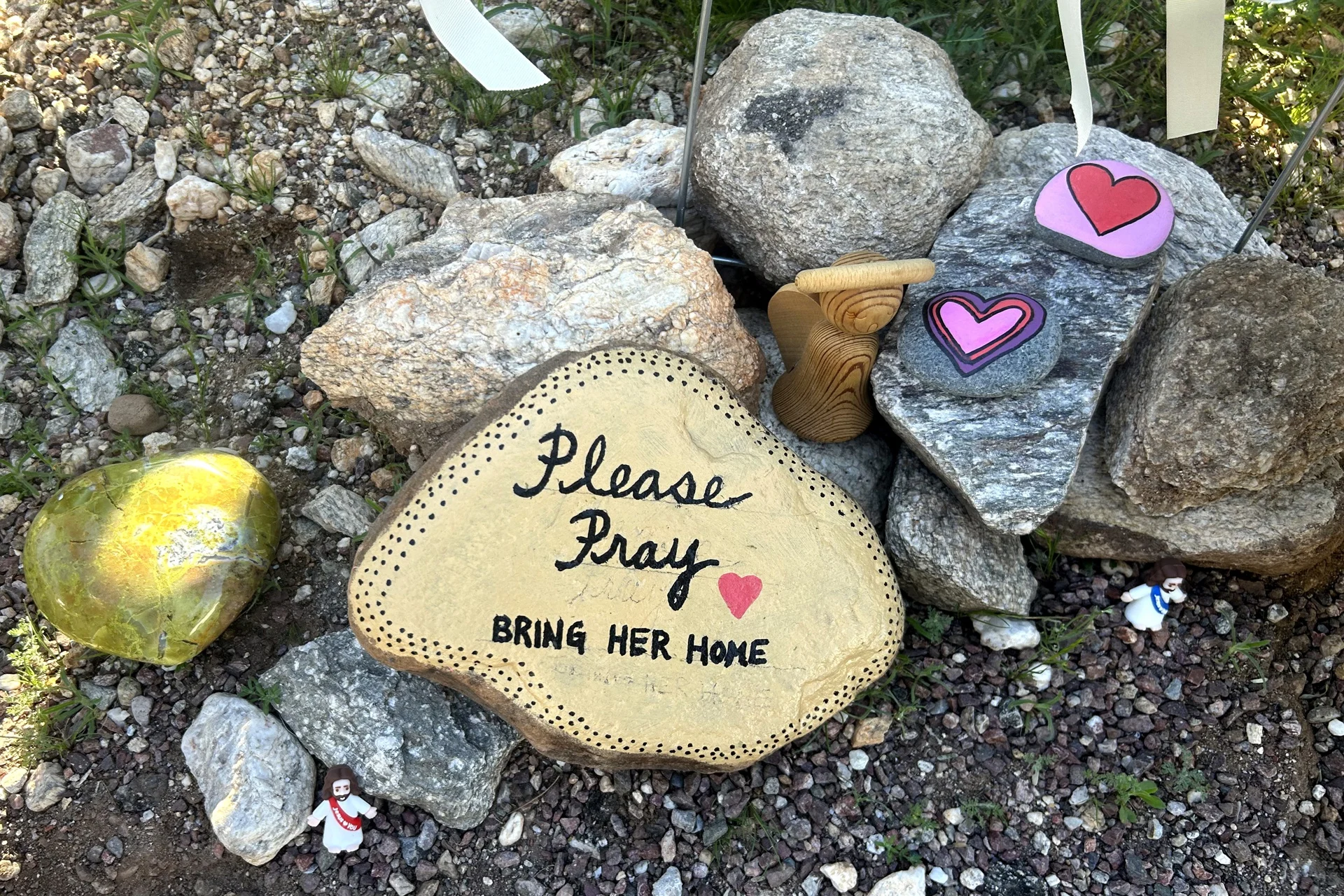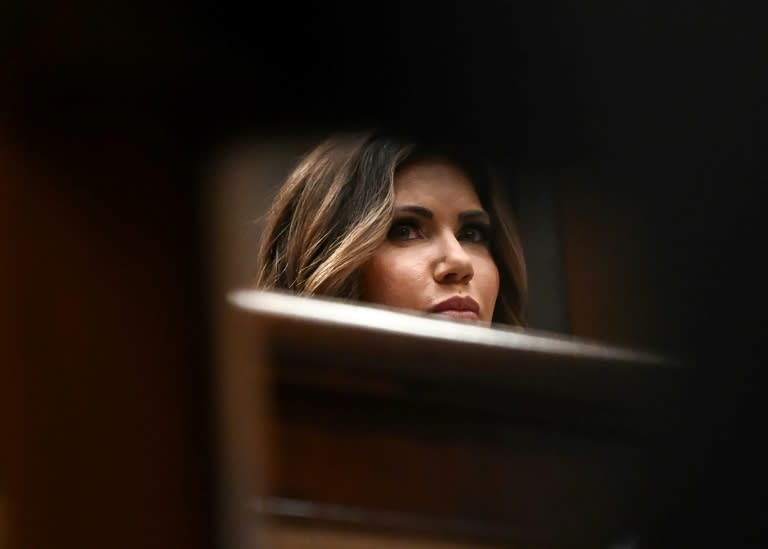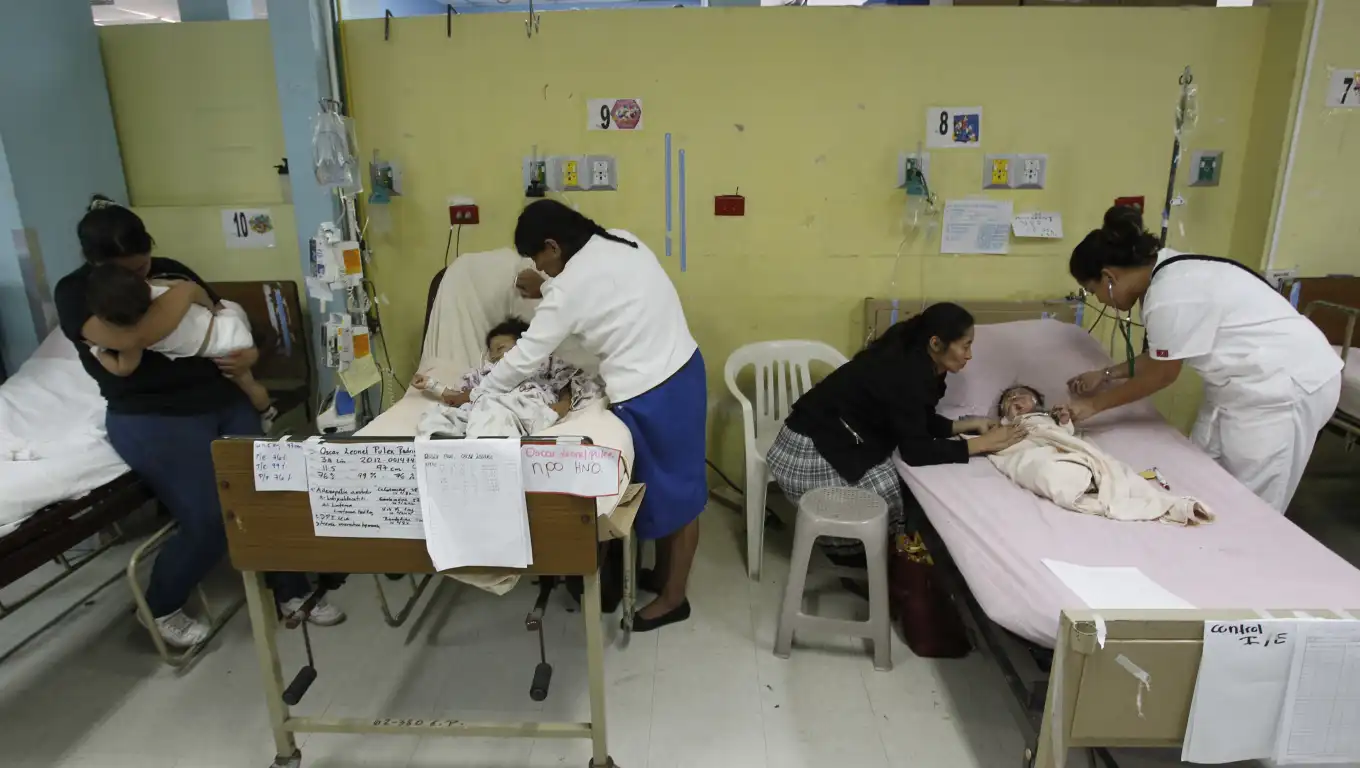International
Analyst León Valencia: The ELN subordinated peace to its plan to seize the border

Analyst León Valencia, director of the Peace and Reconciliation Foundation (Pares), states in an interview with EFE that the guerrilla of the National Liberation Army (ELN) “subordinated” the peace negotiations with the Government to a plan to seize the Colombian-Venezuelan border.
“They subordinated peace to their strategy of seizing the border. Really what they have shown at this time is that their main objective is to have control of that border, grow on that border and be the master of the border between Colombia and Venezuela,” says Valencia, who in his youth was a member of the ELN.
Colombian President Gustavo Petro announced on January 17 the suspension of peace talks with the ELN, which he accused of committing “war crimes” in the Catatumbo region, where a confrontation between that guerrilla and the Front 33 of the FARC dissidents has left at least 56 dead and more than 54,000 displaced since January 16.
In that sense, the director of Pares, who analyzes everything that happens with the ELN in the book ‘Is lead what’s coming?’ (Penguin Randon House), considers that the fact that the guerrillas are facing another “armed left” group and not the Military Forces claims that “their main idea is to seize that border, fighting against the other illegals”.
The analyst, one of the greatest experts on the Colombian armed conflict, believes that the guerrilla has offered itself as “a support force” to the Chavista leader Nicolás Maduro “in the event of a foreign aggression” on Venezuela.
Valencia says that the guerrillas allied with the Venezuelan Government in 2019 to “sweep the paramilitaries” that were at the border, a successful operation because at that time, according to Pares figures, there were 27 armed groups there and only a few remain.
However, something that the ELN did not count on, in Valencia’s opinion, is that Petro did not cut off relations with Maduro after his questioned possession on January 10, which has led both countries to work together to face guerrilla violence on the common border of 2,219 kilometers.
“That is a little out of place for them, (they thought that Petro) was going to break relations with Venezuela and that Maduro was going to face (the President of the United States, Donald) Trump very hard and that Trump was also going to act immediately against Venezuela. Now the thing is temporarily very strange,” he says.
The main bet of the Petro Government was the policy of ‘Total Peace’, with which it sought to negotiate an agreement with the ELN and FARC dissidents, as well as the submission to justice of the main criminal gangs in the country.
However, with 18 months to go until the end of his mandate, the most advanced negotiation was that of the ELN and the president’s proposal seems to be shipwrecked.
In Valencia’s opinion, it is difficult to understand why the guerrillas are not signing peace with the first left-wing government in Colombia, although he believes that Petro was wrong to think that “ideology” and having “a similar speech” was going to be enough to disarm the ELN.
“The conflict changed radically, which is what we say in our book ‘Is lead what’s coming?’. We make an X-ray of the change in the conflict of some guerrillas who threatened the State and wanted to take central power and who are no longer in that now,” he explains.
Neither the ELN nor the FARC dissidents seek, as they intended before, to take power, but now “they are on the borders, in the regions, occupying territories, controlling the population, attacking the population, they are in something else”.
“There is a turn of the conflict and the ELN is in it. He gave up the seizure of power and is more in a task that they call resistance, they declare it publicly (…) It is a resistance of the ‘global south’, which is a series of groups and countries that have ideas of revolution, that have autocratic governments and are in something else,” says Valencia.
In this context, the director of Pares warns that the Military Forces and the Police must make a “very big operational change.”
“The intelligence that was made to look for where the ELN comes from, where the FARC come from to attack the State is no longer useful. Where do these groups go to seize a border, a region, how do they attack the population? It is another type of intelligence and it is what the State is not doing,” Valencia concludes.
International
Exclusive Tucson Neighborhood Shaken by Disappearance of Savannah Guthrie’s Mother

The disappearance of Nancy Guthrie, mother of well-known U.S. journalist Savannah Guthrie, has shaken the exclusive Catalina Foothills neighborhood in northern Tucson, Arizona. For the past eleven days, the area has become the focus of an intensive investigation and constant media attention.
The 84-year-old woman was last seen on January 31, when she returned home after a family dinner. Since then, authorities have released few details about the suspected abduction.
“It is worrying that an elderly person could be the victim of a crime like this in her own home; we are a community of retirees,” Mario Ruiz, a resident who lives near the property, told EFE.
He explained that neighbors in the area tend to respect each other’s privacy, and many homes do not even have fences, surrounded only by the desert landscape about 110 kilometers from the Mexican border.
Support for the family is visible in an improvised altar set up outside Guthrie’s house. Flowers, candles and a message written on a stone — “Please pray, bring her home” — reflect the concern felt by the community.
During a visit to Catalina Foothills on Wednesday, a strong presence of FBI agents could be seen patrolling nearby roads and neighborhoods in search of any clue that might help locate Guthrie.
Officers have been checking bushes, trash containers and surrounding areas near the residence, which is located in one of Tucson’s most exclusive districts, close to shopping centers, private golf courses and resorts.
International
Over 50 Civil Groups Urge House to Impeach DHS Secretary Kristi Noem

More than 50 civil society organizations, including Latino collectives and migrant advocacy groups, on Tuesday urged the U.S. House of Representatives to open impeachment proceedings against Homeland Security Secretary Kristi Noem, whom they accuse of leading a migration policy that is “violent, reckless, and contrary to the Constitution.”
The request was submitted through a letter sent to House Speaker Mike Johnson and other legislative leaders. In the document, the organizations argue that Noem has encouraged repressive practices that have left multiple victims and have “intentionally undermined the mission of the Department of Homeland Security (DHS).”
Among the signatories are Voto Latino, Freedom for Immigrants (FFI), Hispanic Federation, UnidosUS, and the Latino Victory Project. The groups emphasized that at least 187 lawmakers already support the impeachment initiative introduced in January by Representative Robin Kelly for alleged “high crimes and misdemeanors.”
The accusations include the alleged obstruction of congressional access to migrant detention centers and the excessive use of force, with at least 14 people shot since July 2025. They also cite three documented deaths, including those of U.S. citizens Renee Good and Alex Pretti.
The organizations further criticized the detention of migrant children, pointing to the case of five-year-old Liam Conejo Ramos, arrested in Minnesota last month, which sparked nationwide controversy.
They also denounced that operations carried out by Immigration and Customs Enforcement (ICE) have resulted in due process violations, unlawful detentions of Indigenous citizens, and disregard for court orders. According to the signatories, Noem has “dismantled” civil rights protections within the DHS and has shown a lack of understanding of constitutional principles such as habeas corpus.
Central America
Guatemala to Phase Out Longstanding Medical Cooperation Agreement with Cuba

Guatemala’s government announced on Tuesday that it will end this year a cooperation agreement with Cuba that has brought doctors from the Caribbean nation to work in the Central American country.
Guatemala’s Health Ministry told EFE that the program, which has been in place for nearly three decades, will be phased out progressively throughout 2026.
According to the same source, there are currently 412 Cubans in Guatemala under the agreement, including 333 physicians.
Cuban medical brigades assigned to Guatemala have traditionally been deployed to various regions of the country to provide primary health care to local communities.
“The decision follows a technical assessment aimed at strengthening the sustainability of the national workforce and consolidating the public health system’s own capacities,” the Guatemalan ministry said.
Earlier this week, lawmaker Sonia Gutiérrez, from the left-wing Winaq party, warned that the move “could be an inhumane act that threatens the health and lives of the country’s most vulnerable populations,” given the historic importance of Cuban doctors in providing medical care.
For that reason, the legislator summoned Health Ministry authorities to Congress, as permitted by law, to provide further details about the decision.
Former human rights ombudsman Jordán Rodas Andrade also weighed in on social media, recalling that “for 27 years Cuban doctors have been the backbone of health care in Guatemala’s most neglected areas,” and stressing that “ending this agreement is an act of ingratitude that leaves the most vulnerable unprotected.”
President Bernardo Arévalo’s government told EFE that, in order to guarantee continued care, it will implement a gradual replacement plan that includes hiring national personnel.
-

 Central America5 days ago
Central America5 days agoSalvadoran fans plan birthday surprise for Shakira at historic show
-

 Central America4 days ago
Central America4 days agoGuatemala isolates Barrio 18 leader after attacks that killed 11 police
-

 Sports5 days ago
Sports5 days agoShakira ignites El Salvador with near sold-out residency at Mágico González Stadium
-

 International2 days ago
International2 days agoU.S. Health Department says CDC grants no longer match agency priorities
-

 International22 hours ago
International22 hours agoOver 50 Civil Groups Urge House to Impeach DHS Secretary Kristi Noem
-

 International2 days ago
International2 days agoICE Arrests Reach 379,000 Under Trump, Testimony Shows Amid Minnesota Shootings
-

 Central America22 hours ago
Central America22 hours agoGuatemala to Phase Out Longstanding Medical Cooperation Agreement with Cuba
-

 International2 days ago
International2 days agoDespite homicide drop, overall deadly violence remains high in Mexico: study
-

 International2 days ago
International2 days agoJet Fuel Crisis Hits Cuba: Flights Disrupted, Air Canada Cancels Services
-

 International2 days ago
International2 days agoSheinbaum Urges Mexico to ‘Jealously’ Guard Sovereignty at Air Force Anniversary
-

 International2 days ago
International2 days agoMEPs Approve Plan That Could Fast-Track Rejection of Some Asylum Claims
-

 International22 hours ago
International22 hours agoNew York’s New Archbishop Names Óscar Romero as His Favorite Saint
-

 International2 days ago
International2 days agoMexico Rises Slightly to 141st in Global Corruption Perceptions Index 2025
-

 International22 hours ago
International22 hours agoExclusive Tucson Neighborhood Shaken by Disappearance of Savannah Guthrie’s Mother
-

 International2 days ago
International2 days agoChile Unveils Latam-GPT to Give Latin America Its Own AI Model


























